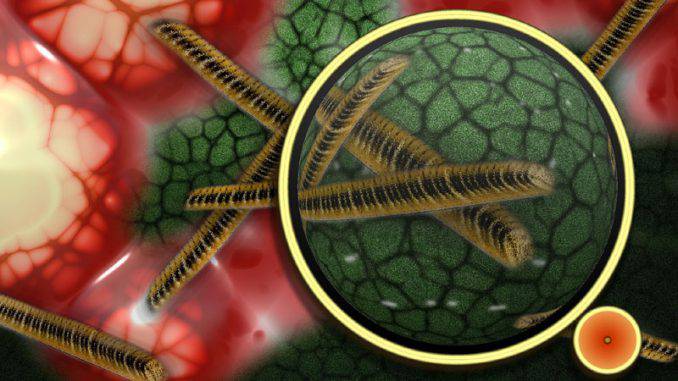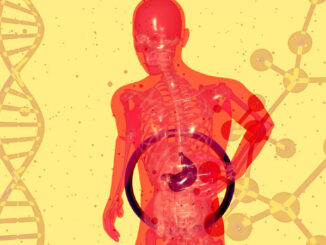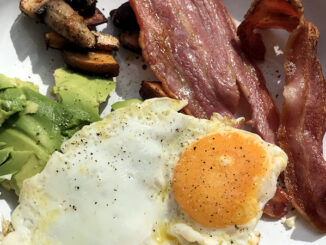
The human body is home to trillions of microorganisms – bacteria, archaea, fungi, and viruses.
The number of these microbial cells is about ten times more than the cells that make up our entire body. Moreover, the genes that these microorganisms carry are 150 times more than humans.
These microorganisms inhabit all healthy people’s skin, mucous, and gut membranes and form their microbiota. The entire microbial micro-ecosystem inside our body, called the microbiome, may weigh as much as 2.5 kg.
While microbiota is the community of microorganisms found in our bodies, the microbiome not only refers to the microorganisms but also encompasses their entire dynamic and interactive micro-ecosystem.
Pathogenic and beneficial microorganisms
A small part of this population is pathogenic microorganisms. Another, and more prominent part, is conditionally pathogenic microorganisms. However, the third type of bacteria is the “good” or beneficial bacteria, the most important for humans and animals.
Modern scientific research shows that the normal microbiota provides the first line of defense against most pathogens. It helps break down many harmful substances in the body, plays a role in the disposal of toxins, and contributes to the maturation of the immune system.
The complexity and stability of the microbiome are vital for a healthy human body. It protects it from harmful foreign colonization, providing nutrients, energy, and vitamins, ensuring a robust and stable immune system.
Aging, stress, improper lifestyle, dietary fails, and the use of certain medications, especially antibiotics, disrupt the natural balance of the human microbiota.
And here comes the role of probiotics, the most powerful of which is kefir.
It is crucial to provide sufficient beneficial bacteria for the intestinal microbiome to be healthy and the intestines to perform their functions. These are strains of beneficial microorganisms that colonize the intestines and support their activity.
What is dysbiosis?
Dysbiosis is the loss of balance of the intestinal microbiome.
The lack of sufficient probiotic strains leads to an imbalance of the intestinal microbiome, often followed by an overgrowth of harmful bacterial cells. We call this dysbiosis, and several factors can cause it.
In the first place are antibiotics (often passively taken with meat and fish), which usually destroy the entire bacterial content in the intestine – both pathogenic and beneficial.
In addition to medications, the other major factor for the dire condition of our gut’s microbiome is the unhealthy food we eat. Consumption of junk food (chips, snacks, sweets), highly processed foods (canned products and those with many leavening agents), sugar, white flour, and many gluten products disbalances the intestinal microbiota and leads to various health problems.
Other factors for dysbiosis are high stress levels, electromagnetic effects from mobile phones and other radiation, dehydration, and many medications. Besides antibiotics, these are also contraceptives, corticosteroids, immunosuppressants, anti-inflammatory drugs, etc.
How to fight dysbiosis?
The most crucial step you need to take for dealing with dysbiosis is to change your diet.
- Eat more live foods (fruits and vegetables), get quality fats, proteins, and carbohydrates.
- Eat naturally fermented foods (milk and water kefir, sauerkraut, pickles, kombucha, etc.) that will supply your body with probiotics.
- Moreover, avoid taking antibiotics whenever possible, and if you still need to take antibiotics, always combine them with the intake of probiotics like kefir or yogurt.
- And finally, get enough rest and healthy sleep, exercise, and spend quality time in nature.



